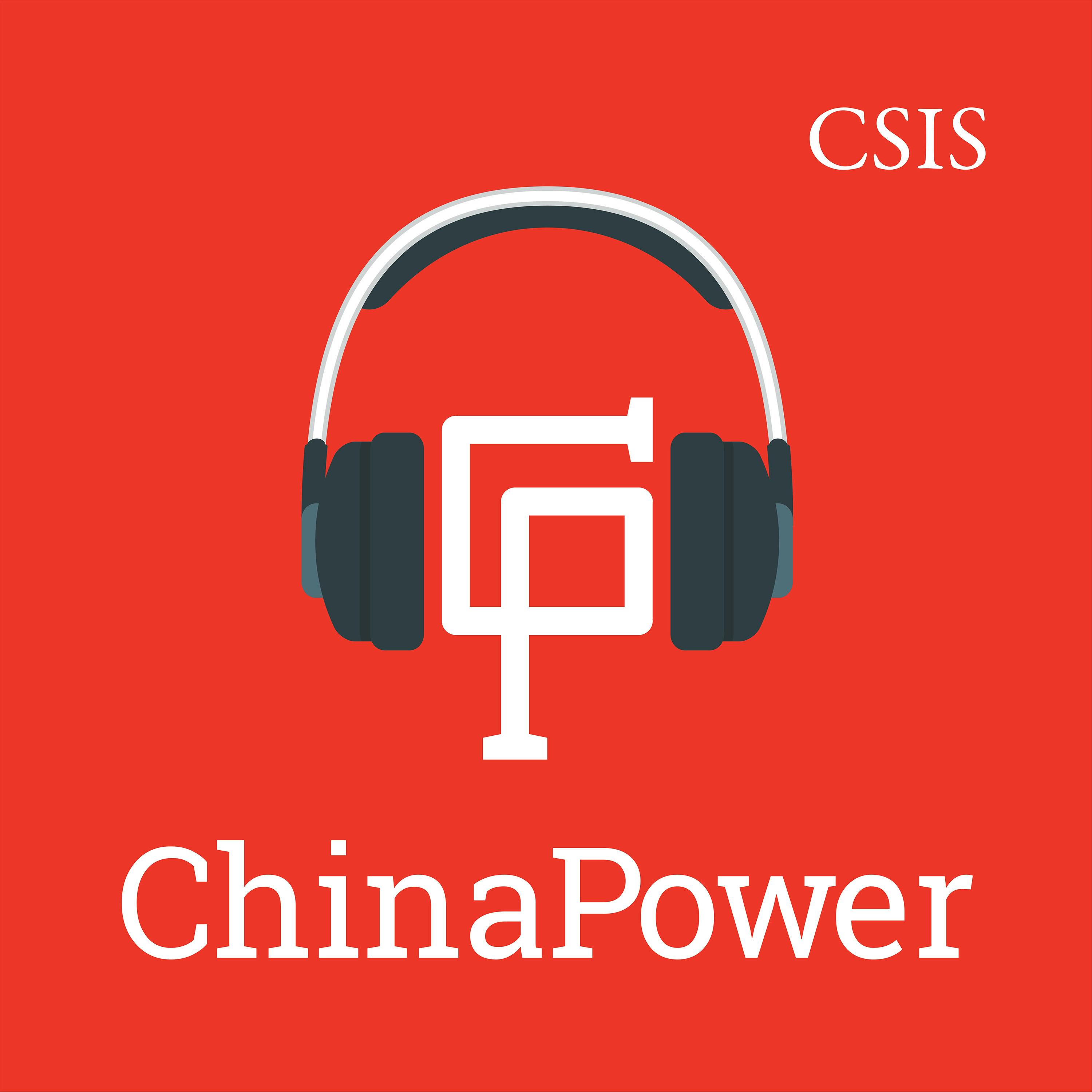
Deep Dive
Why is Latin America important globally?
Latin America is crucial due to its abundant commodities, including minerals essential for the energy transition, and its potential as a producer and exporter of green energy. It also plays a significant role in global food security and is home to the highest number of democracies in the developing world.
Why has the U.S. historically neglected Latin America?
The U.S. has practiced strategic neglect, viewing itself as the only significant player in the region. This neglect has allowed China to become a major competitor, undermining U.S. influence.
How does China view Latin America in terms of its strategic and economic goals?
China sees Latin America as highly important for its Belt and Road Initiative and economic complementarity, particularly in securing food and commodities. President Xi Jinping is personally invested in expanding China's presence in the region.
What are the phases of China's approach to Latin America?
China's approach can be divided into three phases: initial economic complementarity, strategic lending under Xi Jinping, and the Belt and Road Initiative. A fourth phase is uncertain, focusing on smaller, more beautiful BRI projects and other initiatives like the Global Development Initiative.
How does public opinion of China in Latin America compare to the U.S.?
China had a net positive view until COVID-19, which significantly damaged its image. The U.S. has historically been the preferred partner due to cultural, linguistic, and migratory ties, but China's quick deployment of capital and infrastructure projects have made it more attractive economically.
What were the key outcomes of Xi Jinping's recent trip to Latin America?
Xi's trip included the inauguration of the Changkai port in Peru, enhancing connectivity with South America, and signing agreements with Brazil, including a loan in Renminbi to Brazil's development bank. This trip underscored China's strategic investments and overshadowed U.S. presence.
What should the U.S. do to counter China's growing influence in Latin America?
The U.S. needs a comprehensive strategy to prevent the region from shifting its orientation from north-south to east-west. This includes realistic engagement with the private sector, development finance, and security cooperation, recognizing that China cannot be entirely extricated from the region.
- Latin America is rich in important commodities and resources.
- The US has practiced strategic neglect towards Latin America.
- The US lacks an attractive vision for Latin America's future.
Shownotes Transcript
In this episode of the ChinaPower Podcast, Dr. Ryan Berg joins us to discuss China’s relations with Latin America. Dr. Berg discusses both Chinese and U.S. interests in the region, emphasizing that while the U.S. has tended to approach the region with “strategic neglect,” China seems to view Latin America as highly important in terms of both its strategic and economic goals. Dr. Berg explains his view that President Xi is personally invested in the region and believes it holds high economic complementarity to the Chinese economy, specifically in relation to China’s Belt and Road Imitative (BRI). Dr. Berg notes that although the U.S. is still the preferred security partner among Latin American countries, China is becoming more competitive in this space and is viewed among many countries as providing more opportunities, specifically in the economic realm. Dr. Berg also discusses the public opinion of China in Latin America, noting that China’s image has not fully recovered since its decline during COVID-19, and describes the U.S. efforts to not only warn Latin American countries of the risks of investment and economic deals with China but also the US attempt to compete with China as the preferred economic partner. Dr. Berg provides insights on President Xi’s most recent trip to the region for the APEC Leader’s Summit, specifically discussing his inauguration of a new massive port in Peru, and other ways Xi seemed to overshadow President Biden. Finally, Dr. Berg discusses some of the concerns surrounding China’s growing presence in the region and suggestions for U.S. policymakers.
Dr. Ryan C. Berg is director of the Americas Program and head of the Future of Venezuela Initiative at the Center for Strategic and International Studies. He is also an adjunct professor at the Catholic University of America and a course coordinator at the United States Foreign Service Institute. His research focuses on U.S.-Latin America relations, strategic competition and defense policy, authoritarian regimes, armed conflict and transnational organized crime, and trade and development issues. Previously, Dr. Berg was a research fellow at the American Enterprise Institute, where he helped lead its Latin America Studies Program, as well as visiting research fellow at the University of Oxford’s Changing Character of War Programme. Dr. Berg was a Fulbright scholar in Brazil and is a Council on Foreign Relations Term Member.